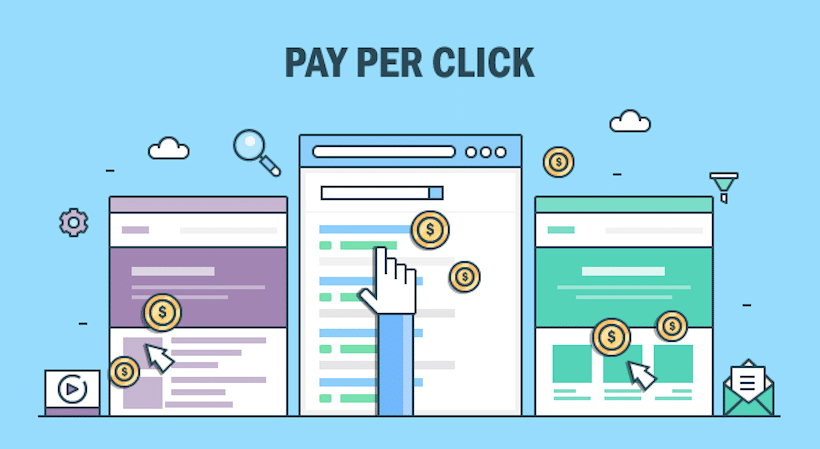Key Takeaways: Wix is a great starting point for small businesses that need a simple, affordable website without hiring a developer. Ease of use is its biggest strength. You can choose from hundreds of templates and launch a professional-looking site in a day....
Table of Contents
Share This Article
Recent Blog Posts
Why Is My Website Traffic Dropping? The Role of AI in 2026 and What You Can Do About It
Key Takeaways AI Overviews are reshaping search behavior. Instant summaries give users quick answers, reducing the number of clicks required on traditional websites. Traffic loss doesn’t always equal lost leads. AI impacts research-focused queries more than...
How to Use Houzz to Grow Your Homebuilding Business in 2026
Key Takeaways Houzz is more than inspiration. It’s one of the most potent tools for homebuilders to attract ready-to-hire clients. Optimization matters. A complete, well-written profile with strong visuals helps you rank higher on Houzz and in search results. Reviews...
The Pros and Cons of Pay-Per-Click Advertising for E-commerce Websites

Search engine advertising – also known as pay-per-click (PPC) advertising – is one of the more evolved advertising options available to businesses, as it has a few key advantages over traditional advertising:
1. You only pay for performance. Unlike TV, radio, or print advertising, PPC ads only cost you money when people click on your ad and visit your site.
2. Your ads can be highly targeted. Whether you’re buying clicks from Google’s AdWords program or Facebook Ads, PPC advertising offers a level of targeting that mass media can’t match. You can target by search term, demographics, consumer interests, and/or geography.
3. Budget doesn’t matter. In the world of television advertising, for example, it’s very difficult for small and medium-sized businesses to compete, as a relatively “cheap” TV ad campaign will cost upwards of $15,000 a month. However, in the world of PPC, many businesses can run an effective ad campaign for less than $1,000 a month.
Still, PPC advertising isn’t perfect. E-commerce website owners in particular must manage their PPC campaigns very closely, or they risk wasting money on clicks that don’t convert. If you own or manage an e-commerce website and you’re thinking about a PPC campaign, here’s what you need to know.
PPC Advertising Pros
It’s a great way to start selling immediately. If you’ve got a brand new site that no one has ever heard of, PPC ads can put you in front of potential customers right away.
It’s great for testing a new site, new product, new promotion, new landing page, etc. PPC ads are great for testing the effectiveness of your site, your new promo, your new landing page, etc. If you make the effort to test properly, traffic from PPC ads can help you refine your marketing quickly.
They’re highly effective when you’ve got a competitive advantage. If your prices are lower than all of your competitors, or if your e-commerce site is the only one offering free shipping, if you’re the only online retailer with a specific product, etc., PPC ads can be a very effective sales tool.
PPC Advertising Cons
It’s complicated. Google and Facebook have both done a great job simplifying their ad platforms in a way that makes them accessible to the public, but that doesn’t mean managing a PPC ad campaign is easy. If you want to find PPC advertising success, you either need to a) learn the ins and outs of the PPC ad platform(s) you want to use or b) hire a professional.
It’s advertising, not marketing. While PPC ads can help you generate immediate revenue and capture a customer, they don’t have the same long-term benefits that a long-term marketing campaign (such as an SEO campaign or social media campaign) can offer. Unless your advertising and marketing budget is unlimited, choosing to invest in PPC advertising is the same as choosing not to invest in marketing.
The profit margins can be slim. While some e-commerce site owners who conduct PPC advertising enjoy profit margins that are very close to full retail, others find that profit margins on PPC ads run in the single digits. Depending on your industry and your niche, low margin sales might be perfectly acceptable – after all, each customer you capture has a lifetime value – but you’ll need to have your KPIs dialed in tight to figure out just how slim your margins can be.
Put another way, before you invest in PPC advertising, it’s important that you’ve got tracking systems in place that help you measure the profits that each new customer can bring.
Summing It All Up
Search engine advertising or PPC is a powerful tool for any e-commerce site owner. It can enhance your existing marketing, increase revenue, and grow your customer base. Of course, PPC is also complex, and if it isn’t managed carefully it can quickly damage profits. While every e-commerce site owner should evaluate the pros and cons of PPC advertisements for their specific situation, it’s important to remember that all major e-commerce websites and all major retailers – from eBay to Amazon.com to Wal-Mart – as well as tens of thousands of smaller sites, have some sort of PPC advertising program. PPC works.
Author Jason Lancaster is the President of Spork Marketing, LLC, a company that provides pay-per-click ad management services.
Table of Contents
Share This Article









 "We couldn’t be happier with the process and the final product. We really can’t imagine hiring anyone else!"
"We couldn’t be happier with the process and the final product. We really can’t imagine hiring anyone else!"


